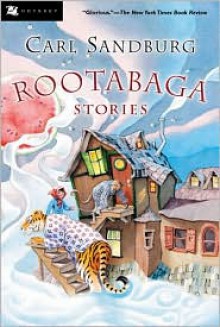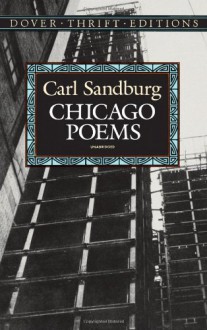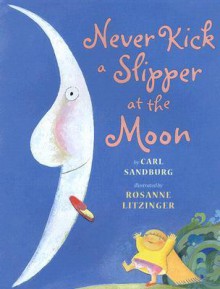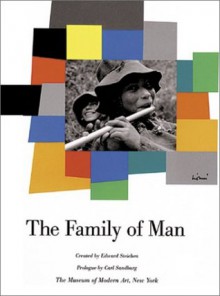Back Yard
Shine on, O moon of summer.
Shine to the leaves of grass, catalpa and oak,
All silver under your rain to-night.
An Italian boy is sending songs to you tonight from an accordion.
A Polish boy is out with his best girl;
They marry next month;
tonight they are throwing you kisses.
An old man next door is dreaming over a sheen
That sits in a cherry tree in his back yard.
The clocks say I must go-
I stay here sitting on the back porch
drinking white thoughts you rain down.
Shine on, O moon,
Shake out more and more silver changes.
Shine on, O moon of summer.
Shine to the leaves of grass, catalpa and oak,
All silver under your rain to-night.
An Italian boy is sending songs to you tonight from an accordion.
A Polish boy is out with his best girl;
They marry next month;
tonight they are throwing you kisses.
An old man next door is dreaming over a sheen
That sits in a cherry tree in his back yard.
The clocks say I must go-
I stay here sitting on the back porch
drinking white thoughts you rain down.
Shine on, O moon,
Shake out more and more silver changes.

 Log in with Facebook
Log in with Facebook 










